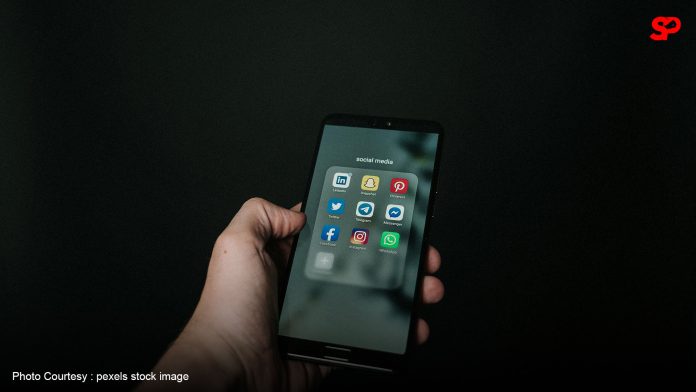By Jose Guillermo
Try to imagine waking up to the glow of your phone. As you scroll through endless feeds, the curated lives of others unfold before your eyes: dream vacations, picture-perfect meals, milestone celebrations, and so on. It’s not long before you find yourself questioning your own life. This is how social media subtly but powerfully molds our perception of reality, and I, like so many others, have been caught in its web.
A few months ago, I compared my quiet weekend at home to the adventurous escapades of friends and influencers. Every post seemed to scream, ‘You’re missing out!’ But the truth? While envying their jet-setting adventures, I later found out that one friend had staged her photo at a beach resort, tagging it as ‘Bora’ just to chase likes. Yeah, clout chasers. Lol.
Social media amplifies our tendency to showcase the best and hide the rest. The result is an unbalanced representation of life, leading us to believe that everyone else is living a picture-perfect existence, even when reality is far from it. This curated reality can have a profound impact on our mental health, feeding insecurities and fostering a perpetual cycle of comparison. We often forget that behind every stunning photo is a story we may not know—one that might be filled with struggles, insecurities, or even staged moments.
Then there are the algorithms. A single click on a trending topic or controversial post spirals into a flood of similar content. My feed became a mirror of my recent searches, reinforcing my views and creating an echo chamber. At first, seeing opinions that aligned with mine felt validating, but soon, I noticed how it narrowed my perspective. The more I engaged, the more the algorithms fed me content that affirmed my beliefs, creating a bubble that felt safe yet limiting. Another example is if you’re searching for a product in the marketplace after you’re done searching, you’ll notice that the product you were looking for keeps popping up in your feed.
A few years back, I shared a political meme, confident it would resonate with my followers. The backlash I received—from close friends with differing views, was a wake-up call. I realized how easily social media had insulated me from diverse perspectives, skewing my sense of reality. It became evident that what I consumed online wasn’t just shaping my thoughts; it was influencing how I interacted with others in the real world.
Have you ever used a photo editing tool? I’ll admit it: I have. A few years back, it began as a harmless experiment to adjust lighting or fix small imperfections, but over time, I found myself becoming more attached to the polished version of me than my authentic self.
It was a subtle shift but a significant one. Filters don’t just change how we see ourselves; they influence how we’re perceived by others. The more we alter our images, the more we feed into unrealistic beauty standards. And the more we consume these perfected images, the harder it becomes to accept the unfiltered reality. Studies have shown that excessive exposure to these curated ideals can erode self-esteem and increase feelings of inadequacy, especially among younger users.
So, how do we reclaim our sense of reality in a world dominated by social media?
For me, it started with a digital detox. I set boundaries: no scrolling during meals. I unfollowed accounts that left me feeling inadequate and followed creators who celebrated authenticity. Slowly but surely, I began to see the world, and myself, more clearly. I also made an effort to reconnect with offline activities that brought me joy, like playing basketball, exercising, and spending time with loved ones.
I also started questioning what I saw online. Is this post genuine or curated? Am I seeking validation or connection? This shift in mindset helped me distinguish between the filtered reality of social media and the unfiltered beauty of real life. Over time, I began to appreciate the imperfections that make life unique and meaningful.
Social media is a powerful tool, capable of connecting us, inspiring us, and even shaping how we view the world. But it’s just that, a tool. The key is to use it mindfully, to remember that the highlight reel isn’t the full story, and to ground ourselves in the richness of reality beyond the screen.
Now, I invite you to reflect: How has social media shaped your perception of reality? What steps can you take to ensure it enhances your life rather than distorts it? Share your thoughts below and let’s start an honest conversation about navigating this digital landscape together.
Follow us on Facebook: Sunday Punch and on YouTube: @SundayPunch-n2v

